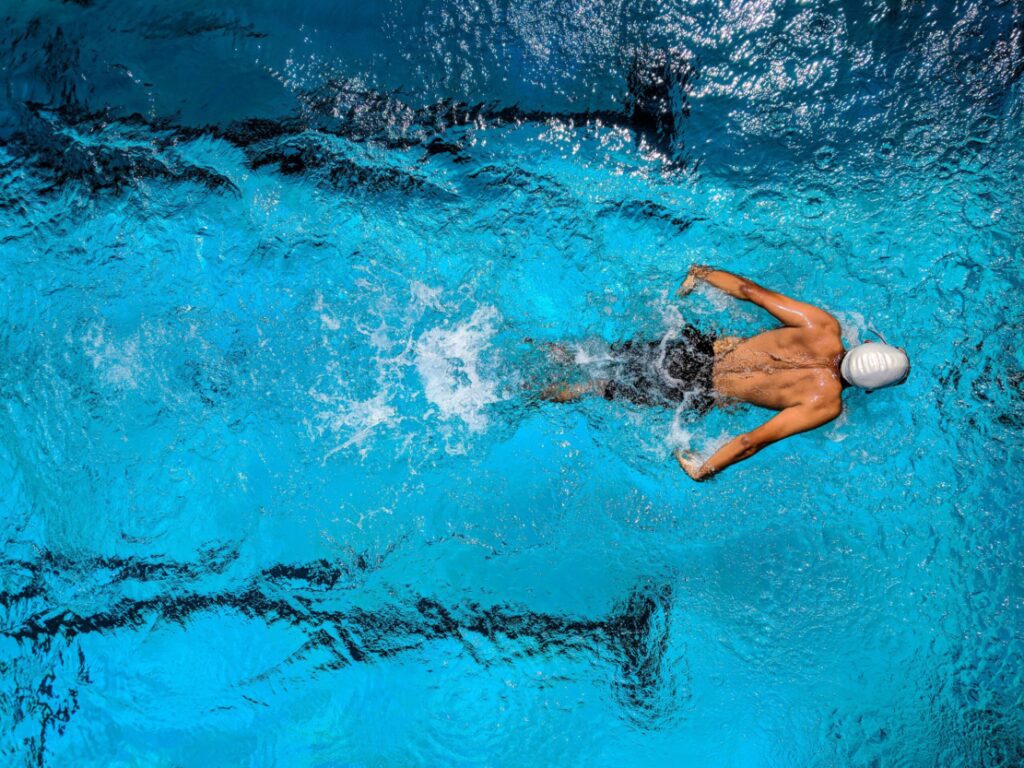
Introduction
As an athlete, your body is a high-performance machine that requires the right fuel to achieve peak performance. Nutrition plays a crucial role in enhancing athletic performance, supporting muscle recovery, and maintaining overall health. In this comprehensive guide, we will explore the key principles of nutrition for athletes and provide valuable insights to help you optimize your diet for success.
The Importance of Proper Nutrition for Athletes
Athletes put their bodies through rigorous training and competitions, demanding immense physical and mental effort. Proper nutrition is the foundation for success in sports, as it:
1. Enhances Performance
The right balance of nutrients can significantly impact your athletic performance. Adequate energy from carbohydrates, strength from proteins, and endurance from fats are essential for excelling in your chosen sport. So Proper Nutrition for Athletes is important.
2. Supports Muscle Recovery
Intense physical activity leads to muscle breakdown. Proper nutrition, particularly protein intake, aids in muscle repair and growth, reducing the risk of injury and improving recovery time. Due to such situation like muscle recovery essentials nutrition for athletes is required.
3. Boosts Energy Levels
Carbohydrates are the primary source of energy for athletes. Properly fueling your body with carbohydrates ensures optimal energy levels during training and competition.
4. Aids in Weight Management
Nutrition for athletes maintaining a healthy body weight is vital. Proper nutrition helps in managing weight effectively, whether it’s gaining muscle or shedding excess body fat.
5. Strengthens the Immune System
Engaging in intense physical activity can temporarily weaken the immune system. A balanced diet rich in vitamins, minerals, and antioxidants strengthens your immunity, reducing the risk of infections and illnesses.
Key Nutrients for Athletes
1. Carbohydrates
Carbohydrates are the primary source of energy for athletes. They are stored in the muscles and liver as glycogen and provide quick and accessible energy during exercise. Opt for complex carbohydrates like whole grains, fruits, vegetables, and legumes to sustain energy levels throughout your workouts.
2. Proteins
Proteins are essential for muscle repair and growth. Incorporate lean protein sources like poultry, fish, eggs, dairy, and plant-based options like tofu and legumes into your diet to support your active lifestyle.
3. Fats
While carbohydrates are the main energy source, fats also play a crucial role, especially during endurance activities. Focus on healthy fats from sources like avocados, nuts, seeds, and olive oil for sustained energy and overall health. So these essentials nutrition for athletes are required.
4. Hydration
Staying hydrated is vital for athletes. Dehydration can lead to a decline in performance and increase the risk of injuries. Drink water regularly throughout the day and consider sports drinks during intense workouts to replenish electrolytes.
5. Vitamins and Minerals
A well-rounded diet should include a variety of fruits, vegetables, and whole foods to provide essential vitamins and minerals. These micronutrients support various bodily functions and contribute to overall well-being.
Pre-Workout Nutrition
What you eat before a workout can significantly impact your performance. Consider the following pre-workout nutrition tips:
- Consume a balanced meal rich in carbohydrates, protein, and healthy fats about 2-3 hours before your workout.
- If you have less time, opt for a small snack containing easily digestible carbohydrates and a source of protein, like a banana with nut butter or yogurt with berries.
- Stay hydrated before exercise, but avoid large amounts of fluids immediately before workouts to prevent discomfort.
During Exercise Nutrition
During intense or prolonged workouts, your body may require additional fuel. Consider the following tips for during-exercise nutrition:
- For endurance activities lasting more than an hour, consume easily digestible carbohydrates like energy gels, sports drinks, or bananas to maintain energy levels.
- Stay hydrated by sipping water or electrolyte-rich beverages throughout your workout.
Post-Workout Nutrition
Post-workout nutrition is crucial for muscle recovery and glycogen replenishment. Follow these post-workout nutrition guidelines:
- Consume a combination of carbohydrates and protein within 30 minutes to an hour after exercise to support muscle repair and recovery.
- Examples of post-workout snacks include a fruit smoothie with protein powder, chocolate milk, or a turkey sandwich on whole-grain bread.
Individualization and Professional Guidance
Nutrition needs can vary significantly based on factors such as age, gender, sport, training intensity, and overall goals. For personalized guidance, consider consulting a sports dietitian or nutritionist who can tailor a nutrition plan to meet your specific needs.
Conclusion
As an athlete, optimizing your nutrition is a powerful way to elevate your performance and achieve your goals. By understanding the importance of carbohydrates, proteins, fats, hydration, and essential vitamins and minerals, you can fuel your body effectively for peak performance and overall well-being. Remember that proper nutrition is a continuous journey, and fine-tuning your diet to suit your individual needs can make all the difference in reaching your full potential as an athlete. So, embrace the power of nutrition, and witness the positive impact it brings to your athletic journey.